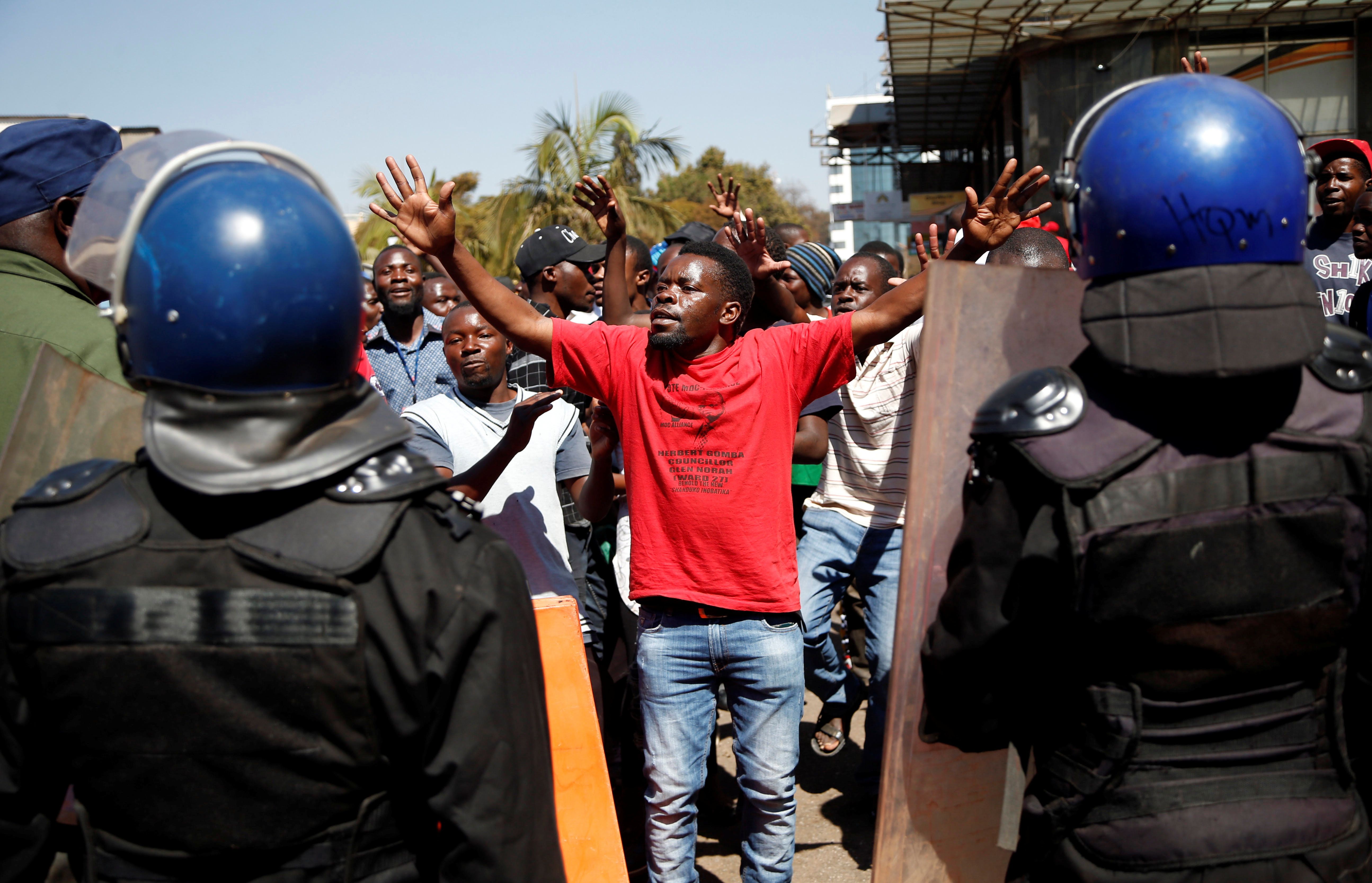August 03, 2018
There is no democracy without a source of information in which a strong majority can have confidence. Here are two stories from this week that illustrate the point.
Just hours ago, Emmerson Mnangagwa of the governing Zanu-PF party was declared the winner of Monday’s hotly disputed presidential election in Zimbabwe. Trouble began early in the week when opposition leader Nelson Chamisa, confident the vote was rigged against him, took to Twitter to declare victory. His words triggered street celebrations that were met with force by police.Social media accounts, many of them fake, have added to the confusion with competing claims about what’s happening. Vote counts for parliamentary elections favored the ruling ZANU-PF, provoking outrage from its critics. But results of Monday’s presidential election were delayed until the very early hours of Friday morning, raising doubts about the credibility of the entire process. African and Western election observers have disagreed about the scale of irregularities and the extent of unfair treatment of the opposition. Chamisa vows to challenge the results in court.
In a situation like this, how can voters have confidence in the information they hear? The ruling party has stolen elections many times before. The opposition claimed victory without hard evidence to back the claim. It’s impossible to separate fact from fiction online, and outsiders can’t agree on what to say.
Meanwhile, Facebook is back in the news this week, with an announcement it discovered 32 false pages and profiles that were created as part of a sophisticated disinformation campaign ahead of US midterm elections in November. Posts and ads centered on topics like race, feminism and fascism. In this case, the content was reportedly created to generate anger toward President Trump.
Facebook says there is already information linking the campaign to the Internet Research Agency, a Kremlin-backed organization that sowed confusion on its platform before the 2016 US presidential election. The real concern according to Facebook is that those responsible have gotten much better over the past two years at camouflaging themselves.
That raises two big questions: If this is what Facebook has found, what hasn’t it found? And what about Twitter, Google, and others?
The bottom line: Access to reliable information is now a critical issue in democracies of all shapes and sizes.
More For You
- YouTube
Gotta maximize sleigh-holder value. #PUPPETREGIME
Most Popular
- YouTube
On Ask Ian, Ian Bremmer breaks down the steady escalation of US pressure on Venezuela and why direct military action is now a real possibility.
US President Donald Trump arrives to announce reciprocal tariffs against US trading partners in the Rose Garden of the White House in Washington, DC, USA, on April 2, 2025.
POOL via CNP/INSTARimages.com
From civil conflicts to trade wars to the rise of new technologies, GZERO runs through the stories that have shaped this year in geopolitics.
Ukrainian serviceman walks near apartment buildings damaged by Russian military strike, amid Russia's attack on Ukraine, in the frontline town of Kostiantynivka in Donetsk region, Ukraine December 20, 2025.
Oleg Petrasiuk/Press Service of the 24th King Danylo Separate Mechanized Brigade of the Ukrainian Armed Forces/Handout via REUTERS
Ukrainian intelligence services assassinated a senior Russian general on the streets of Moscow on Monday, detonating a bomb strapped to his car.
© 2025 GZERO Media. All Rights Reserved | A Eurasia Group media company.
